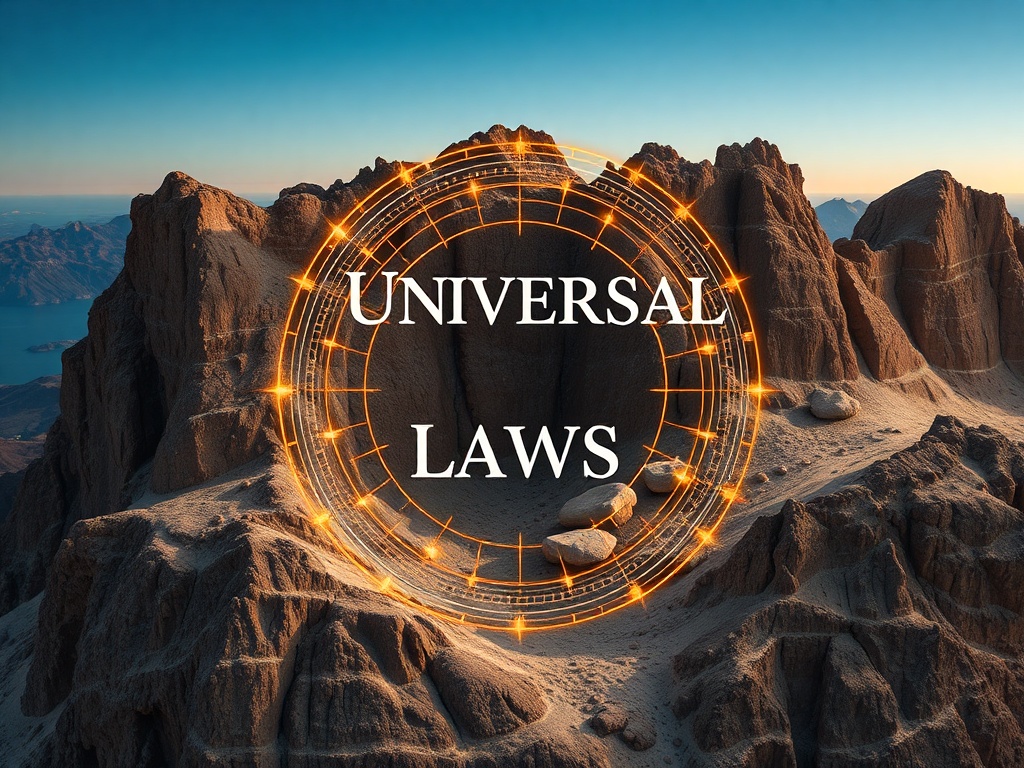How Universal Laws Shape Reality — Practical Ways to Use Them
Universal laws are the patterns and principles that show up across nature, human behavior, and belief systems.
Some are rooted in empirical science — like cause and effect and conservation of energy — while others come from philosophical and spiritual traditions, such as the law of attraction or karma. Understanding these principles gives a framework for clearer thinking and more effective action.

Two complementary categories
– Physical laws: These describe consistent behaviors in the natural world.
Cause and effect, the conservation of energy, and principles tied to systems and feedback loops govern everything from ecology to technology. Recognizing these helps with planning, risk management, and creating predictable outcomes.
– Metaphysical or ethical laws: Concepts like the law of attraction, karma, correspondence, and vibration describe how intentions, beliefs, and actions influence experience. Whether treated literally or metaphorically, these ideas encourage responsibility, clarity of purpose, and sustained practice.
Why both perspectives matter
Treating universal laws as strictly one type limits usefulness. The scientific lens emphasizes measurable mechanisms and constraints; the metaphysical lens highlights meaning, motivation, and the role of perception.
Combining both leads to practical strategies: set a clear intention (metaphysical), then design measurable steps and feedback systems (scientific).
Practical ways to apply universal laws
1. Clarify your intention
Define what you really want in specific, testable terms.
Vague desires produce vague results. Write a one-sentence outcome and a few criteria you can measure.
2. Align actions with principle of cause and effect
Every decision generates consequences. Map the most likely outcomes of your choices and prioritize actions that produce the highest probability of the desired result.
3. Use feedback loops
Create small experiments with measurable indicators.
Track progress, review results, and adapt. Feedback is how abstract laws become actionable change.
4. Manage energy, not just effort
Conservation of energy suggests redirecting energy toward high-impact tasks rather than brute force.
Identify activities that move the needle and protect focus and recovery.
5. Cultivate coherent belief and behavior
Beliefs influence attention and behavior.
Reinforce supportive beliefs with consistent habits and rituals — journaling, visualization, or deliberate practice — to shape patterns over time.
Risk-aware application
Apply these ideas with critical thinking. Metaphysical frameworks can inspire action, but avoid magical thinking.
Use them to structure intention, ethics, and habits; rely on evidence and course-correct when outcomes don’t match expectations.
Simple daily practice (5 steps)
– Morning: spend five minutes setting one clear intention for the day.
– Midday: take a short inventory of progress and obstacles.
– Evening: record one measurable result and one lesson learned.
– Weekly: adjust your actions based on cumulative feedback.
– Monthly: revisit the bigger outcome and refine your criteria.
Ethics and responsibility
Universal laws emphasize reciprocity: actions produce consequences for yourself and others.
Applying these principles ethically means considering long-term impact and ensuring that goals don’t harm others. Accountability and transparency improve outcomes and relationships.
Why this matters now
Whether you’re building a career, a habit, or a community, recognizing underlying principles sharpens decision-making. Universal laws offer both a pragmatic toolkit and a moral compass: use them to streamline processes, interpret outcomes, and create meaning-driven goals.
Make theory useful by testing it. Start small, measure results, and iterate — that’s how abstract laws become the scaffolding for real progress.